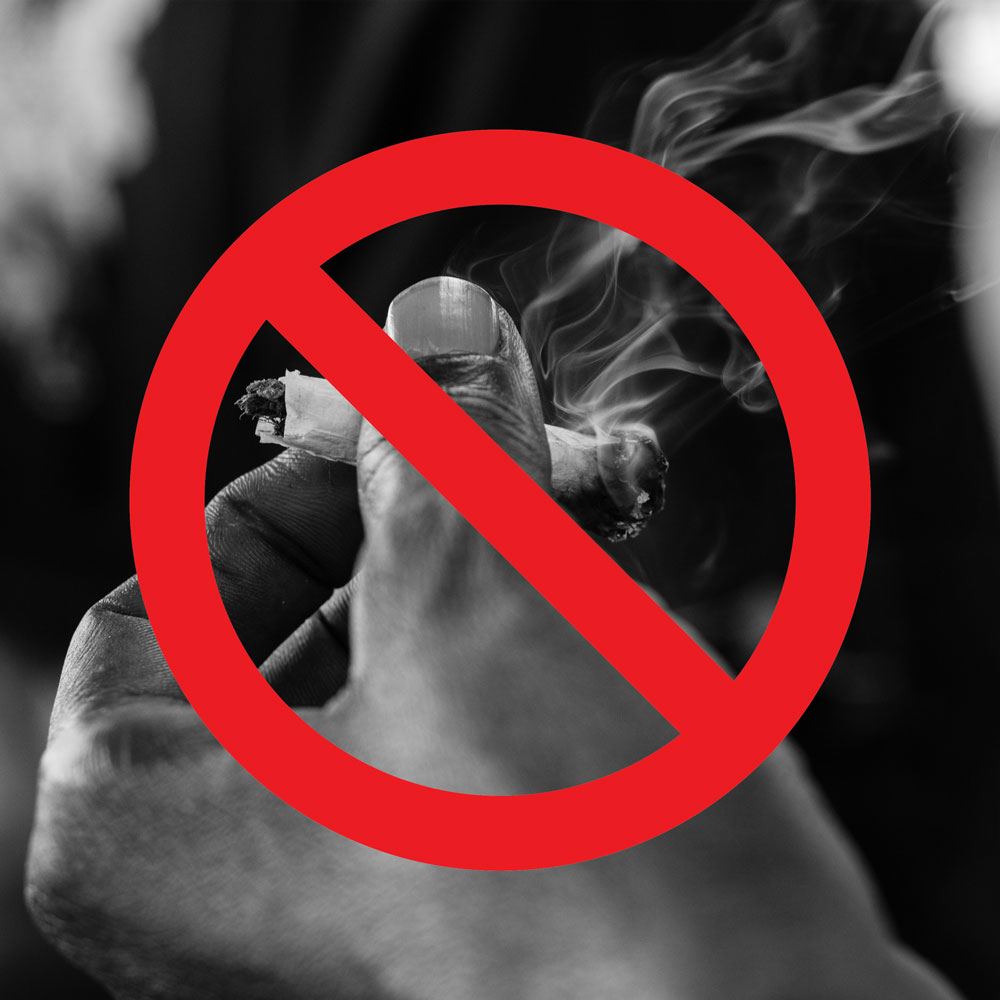JAMAICA HAS banned the playing of music that promotes guns, scamming and the use of the drug Molly.
The Broadcasting Commission Jamaica (BCJ) issued the Directive on Tuesday.
The broadcasting regulator said it is part of their commitment to keep the airwaves free of harmful content.
Under the new rules, radio stations are strictly prohibited from playing music that glorifies lottery scamming, illegal guns and the use of the drug Molly.
The ban came into effect immediately.
The Commission said traditional media still plays an important role in the Caribbean country and urged radio stations to comply with the new regulations.
The statement from BCJ said: “The use of the public airwaves to broadcast songs that promote/glorify illegal activity could give the wrong impression that criminality is an accepted feature of Jamaican culture and society.”
The commission regulates Jamaica’s radio, Television and cable sectors.
Executive Director of the Commission, Cordel Green, said that when criminality is presented through music or videos as normal behaviour it conflicts with the tenets of responsible broadcasting.
“Part of the difficulty in dealing with music, especially that which emerges from a subculture, is that it takes time to identify, understand and verify the slangs and colloquial language used. Understandably, new street lingua may take some time before they are normalised, or their meanings become well entrenched. The Commission also has to be circumspect in its actions, knowing that regulatory attention can have the unintended consequence of giving exposure to and popularising subcultural phenomenon,” Mr Green said.

The new directive is being met with some criticism from those in the music industry.
Record producer Rvssian, posted: “Good thing we don’t need radio anymore. I can’t remember last royalties they paid me. YouTube d ting deh anyway. This is crazy lol. Let’s just ask them to write the songs too.”
What is banned?
Under the Broadcasting Commissions new directive, the following is prohibited:
• any audio or video recording, live song, or speech which promotes and/or glorifies scamming, illegal use or abuse of drugs (e.g. ‘Molly’), illegal or harmful use of guns or other offensive weapons, “jungle justice” or any other form of illegal or criminal activity.
• any edited song which directly or indirectly promotes scamming, illegal drugs, illegal or harmful use of guns or other offensive weapons, jungle justice, or any form of illegal or criminal activity. This includes live editing and original edits (e.g. edits by producer/label as well as the use of near-sounding words as substitutes for offensive lyrics, expletives, or profanities.
• The broadcast of a sampling of any song which promotes or glorifies scamming, illegal drugs (e.g. ‘Molly’), illegal or harmful use of guns or other offensive weapons, “jungle justice” or any other form of illegal or criminal behaviour is strictly prohibited.
The BCJ also added that they “welcome and encourage the public to share information about any violations.”
In March, it was announced that the Jamaican government is to draft legislation to protect the rights of practitioners in the creative sector, to include the music industry.
The move is being seen as a way to safeguard the cultural and economic contributions and legacies of its well-known creations, such as reggae.


Comments Form
3 Comments
madness smh remember you have the clean verson for the song them
Exactly how does someone say scamming clean?
Banning music.
Banning critical speech and debate and discussion.
Banning books.
Banning words.
Banning discussion on contested historical events such as Palestine.
Banning discussion of sexual ethnics and behaviour, are all very popular in Western Caucasian Europe.
But oh Jamaica, banding music is not the correct or just response.
The great reggae stars of the 1970s report that the Record Owners; Distributors and Producers were the ones that encouraged and even forced the reggae musician to stop the consciousness lyrics.
The music executive and owners wanted “slackness.”
The “slacknes” they wanted morphed into Dancehall; and as they say the rest is history.
Dancehall can be characterised by artists singing about their sexual prowess and appetite for violence.
The same process happened in the 1990s to the rap band Public Enemy; whose protest songs characterised early rap and Hip Hop music.
Early Rap and Hip-hop was model from the brilliant music of Jamaican-heritage Gil Scott-Heron.